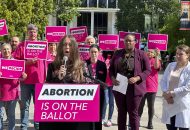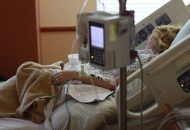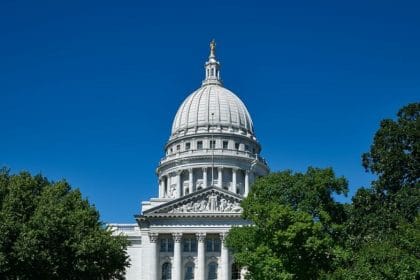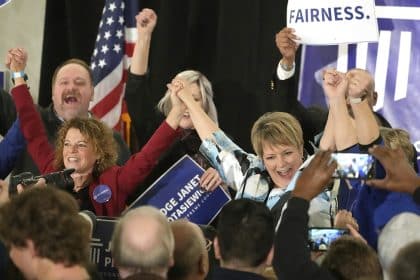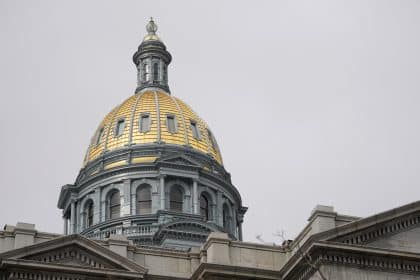D.C.’s Small COVID-19 Funding Renews Calls for Statehood
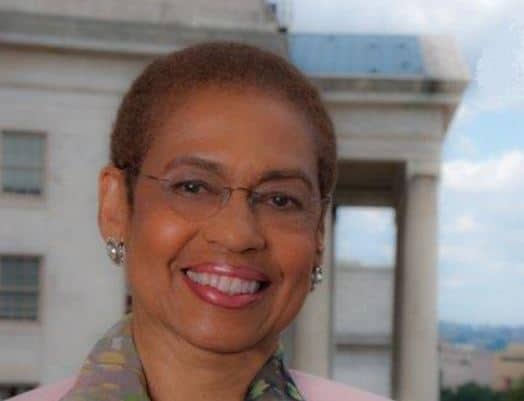
WASHINGTON — Legislation approved by Congress recently to distribute emergency coronavirus funding nationwide is renewing calls for District of Columbia statehood.
Each state will receive at least $1.25 billion from the emergency fund lawmakers approved two weeks ago. The District of Columbia is receiving $500 million, despite having a population bigger than Vermont and Wyoming.
Local residents also pay more in federal taxes per capita than most states.
Washington, D.C. was lumped in with five territories to split $3 billion of the CARES Act funding. The money will be shared with Puerto Rico, Guam, the U.S. Virgin Islands, the Northern Mariana Islands and American Samoa.
Mayor Muriel Bowser says the funding formula shows how local concerns get overlooked because of the District of Columbia’s lack of voting representatives in Congress.
“I have to say, the very idea of being treated like a territory is shocking, infuriating, wrong and outrageous,” Bowser said during a press conference.
She made the statement as the Washington area started to emerge as a national coronavirus hotspot with a quickly growing rate of infections and deaths. More than 2,000 Americans were dying daily by April 11, pushing the death toll to the world’s highest.
The $2 trillion stimulus package signed by President Donald Trump is supposed to rescue the economy from the shutdown and devastation caused by the pandemic. It will provide millions of Americans with cash payments and distribute billions of dollars to states and municipalities.
Proposals for the stimulus funding started in the Senate, where the District has no representative. The House has a non-voting delegate representing the nation’s capital, but she was not allowed to speak during debate before the vote.
After the vote, Delegate Eleanor Holmes-Norton, Washington’s Democratic delegate to Congress, said the funding level for the District of Columbia shows why she is pushing so hard for statehood.
She also said the city’s population of more than 700,000 residents lives in closer proximity than most states, thereby increasing the risk of coronavirus infection and the need for emergency aid.
Until recently, proposals for D.C. statehood rarely moved outside the Beltway. A recent trend in Congress shows at least a moderate change of opinions.
“This is the latest example of why we must grant D.C. statehood,” House Majority Leader Steny Hoyer, a Maryland Democrat, said in a statement after Congress approved the stimulus package. “This failure to treat D.C. as a state must be fixed retroactively in the next bill to respond to the coronavirus.”
Democrats in the House of Representatives generally favor statehood while most Republicans in the Senate oppose it. Republicans control a majority in the Senate.
In a 2016 referendum, nearly 80 percent of residents supported statehood.
The House Oversight Committee approved a bill in February to grant the District of Columbia statehood. It had more than 200 co-sponsors.
The full House is scheduled to vote on the bill proposed by Holmes-Norton later this year. It is likely to be approved by Democrats who see an opportunity to add more members of their party to Congress from the heavily-Democratic District of Columbia.
It awaits further action in the Senate, where the majority leader has said it is unlikely to win approval.













